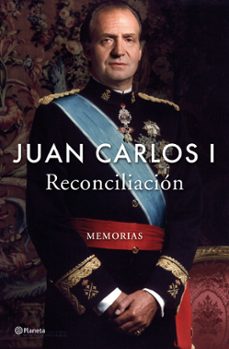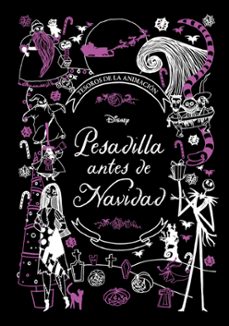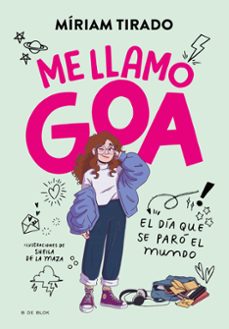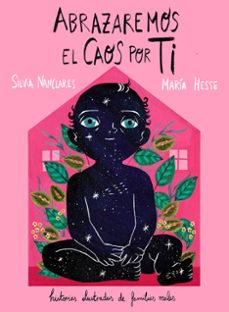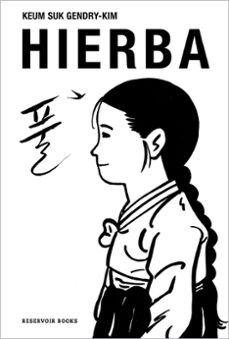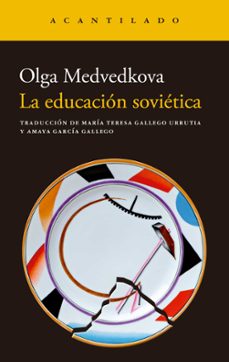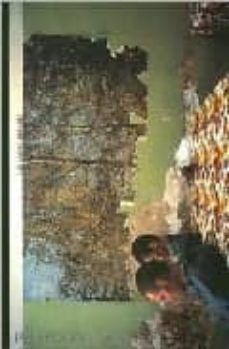Imprescindibles
Más vendidos Libros más leídos eBooks más leídos Todos los libros Todos los libros Autores destacados Series y sagas
Recomendados Libros recomendados Autores destacados Libros que inspiran Vidas con historia LGTBIQ+ English books
Ficción
Literatura Contemporánea Estudios literarios Clásicos Cuentos Poesía Teatro Libros de bolsillo Sagas literarias
Géneros literarios Novela romántica y erótica Novela negra Novela histórica Narrativa fantástica Novela de ciencia ficción Novela de terror Narrativa de humor Narrativa de viajes
No Ficción
Ciencias y tecnología Biología Ciencias Ciencias naturales Divulgación científica Informática Ingeniería Matemáticas Medicina Salud y dietas Formación Idiomas Estilo de vida Libros de Cocina Guías de viaje Narrativa de viajes Deportes Libros de Juegos Manualidades
Humanidades Autoayuda y espiritualidad Ciencias humanas Derecho Economía y Empresa Psicología y Pedagogía Filosofía Sociología Filología Biblioteconomía Estudios filológicos Estudios lingüísticos Estudios literarios Historia y crítica de la Literatura
Infantil
Juvenil
#Jóvenes lectores Narrativa juvenil Clásicos adaptados Libros Wattpad Libros Booktok Libros de influencers Libros de Youtubers Libros Spicy Juveniles Libros LGTBIQ+ Temas sociales Libros ciencia ficción Libros de acción y aventura Cómic y Manga Juvenil Cómic Juvenil Manga Shonen Manga Shojo Autores destacados Jennifer L. Armentrout Eloy Moreno Nerea Llanes Hannah Nicole Maehrer
Libros de fantasía Cozy Fantasy Dark academia Hadas y Fae Romantasy Royal Fantasy Urban Fantasy Vampiros y hombres lobo Otros Misterio y terror Cozy mistery Policiaca Spooky Terror Thriller y suspense Otros
Libros románticos y de amor Dark Romance Clean Romance Cowboy Romance Mafia y amor Romance dramatico Romance dramatico Romcom Sport Romance Otros Clichés Enemies to Lovers Friends to Lovers Hermanastros Slow Burn Fake Dating Triángulo amoroso
Cómic y Manga
Novela gráfica Novela gráfica americana Novela gráfica europea Novela gráfica de otros países Personajes, series y sagas Series y sagas Star Wars Superhéroes Cómics DC Cómics Marvel Cómics otros superhéroes Cómics Valiant
eBooks
Literatura Contemporánea Narrativa fantástica Novela de ciencia ficción Novela de terror Novela histórica Novela negra Novela romántica y erótica Juvenil Más de 13 años Más de 15 años Infantil eBooks infantiles
Humanidades Autoayuda y espiritualidad Ciencias humanas Economía y Empresa Psicología y Pedagogía Filosofía Historia Historia de España Historia Universal Arte Cine Música Historia del arte
Ciencia y tecnología Ciencias naturales Divulgación científica Medicina Salud y dietas Filología Estudios lingüísticos Estudios literarios Historia y crítica de la Literatura Estilo de vida Cocina Guías de viaje Ocio y deportes
OLGA MEDVEDKOVA
Recibe novedades de OLGA MEDVEDKOVA directamente en tu email
Filtros
Del 1 al 2 de 2
Acantilado 9788419958938
En el verano de 1980, pocos dias antes de la ceremonia de apertura de los celebres Juegos Olimpicos boicoteados por multitud de paises tras la invasion sovietica de Afganistan, Liza Klein y su madre abandonan Moscu para pasar tres dias en el campo, pero ni siquiera estas breves vacaciones permiten a la joven descansar de la severa educacion que le impone su protectora madre de origenes aristocraticos. A traves de la relacion entre ambos personajes, la autora revisita lugares olvidados para reconstruir el pasado: ¿que supone haber nacido y crecido en la Union Sovietica?, ¿en que consistia aquella educacion y hasta que punto era, pese a todo, sovietica la que inculcaron a sus vastagos las elites nacidas del deshielo?
Ver más
Tapa blanda
PHAIDON PRESS LIMITED 9780714848426
A powerful record of post-communist Russia by a recent Magnum photographer.The first book by French photographer-artist Lise Sarfati, one of Magnum's newest recruits Weaves images of Russia during the 1990s into a visual drama of dysfunction and deterioration, change and beauty Documents the human and architectural ruins of post-communist Russia: a world of decaying buildings and neglected factories peopled with lost characters With a thought-provoking introduction by the Russian-born art historian Olga Medvedkova Acta Est is the first book by the French photographer-artist Lise Sarfati. Composed of images made during extended visits to Russia in the 1990s, Acta Est is neither travelogue nor photo-journalistic essay. Rather, Sarfati weaves daring detailed descriptions of the Russian environments that fascinate her to create a visual drama of dysfunction and deterioration, change and beauty. The title - from the Latin phrase Acta Est Fabula, meaning 'the play is over' - signals her insistence that the work not be read as journalism but as a work of theatrical imagination. Sarfati builds a disturbing world of decaying buildings and neglected factories, which she brings to an eerie life with lost characters: young transsexuals and teenage runaways interned in 're-education' camps. What results is a body of beautiful, engaging and disturbing photographs that are both a powerful historical record of Russia at the end of an era and examples of the unique poetry of a powerful new visual artist conjuring her own world. The forty-six featured photographs sequenced by Sarfati are accompanied by a thought-provoking introduction by the Russian-born art historian Olga Medvedkova.
Ver más
Otros
Del 1 al 2 de 2


